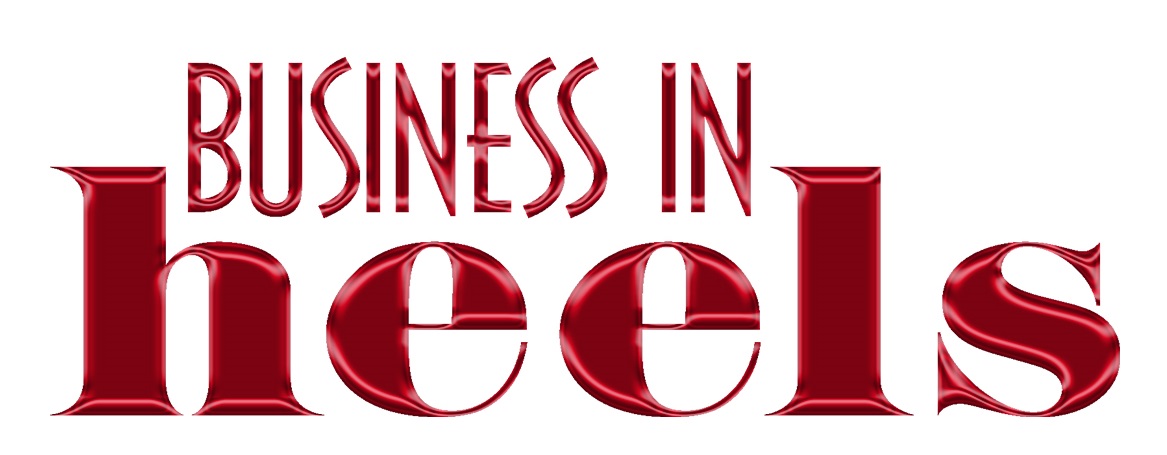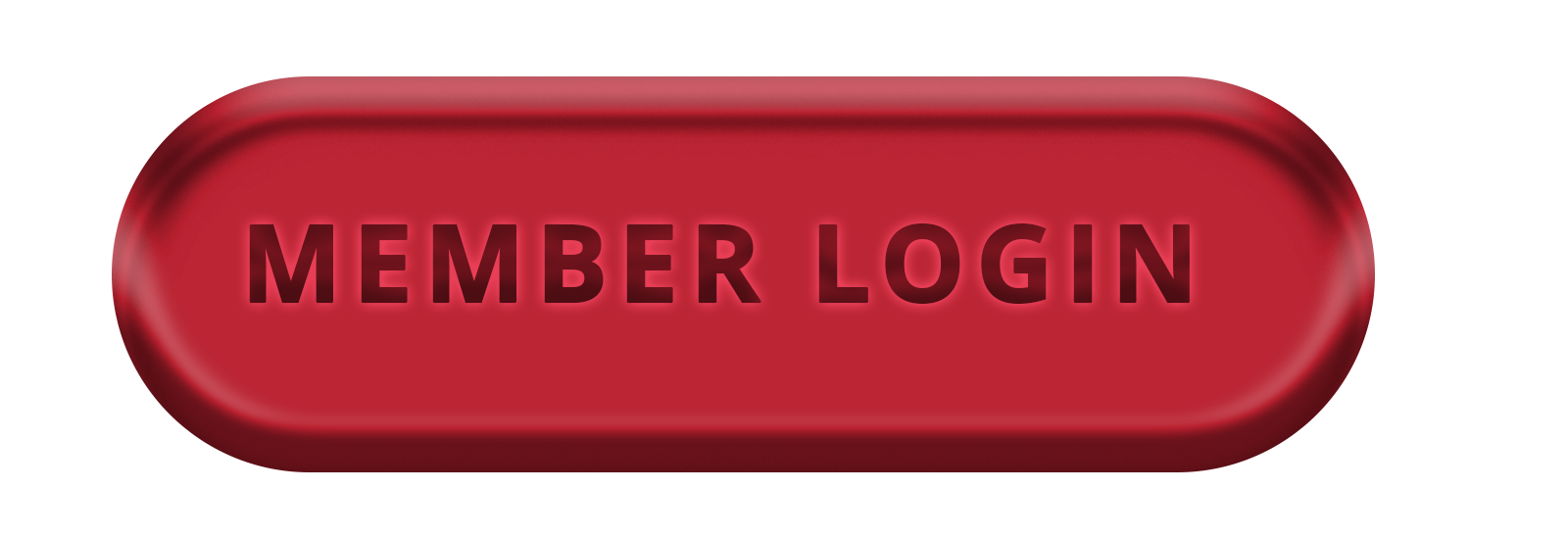Combating Microaggressions in the Workplace: The Psychosocial Hazards Act Takes a Stand
In the evolving landscape of workplace dynamics, issues of inclusivity and fair treatment have gained prominence. Microaggressions, subtle but impactful behaviours that can undermine an individual’s well-being, are recognised as psychosocial hazards. The introduction of the Psychosocial Hazards Act marks a significant step towards addressing this pervasive issue. In this blog, we explore the importance of acknowledging microaggressions, the impact on women in the workplace, and the role of the new act in fostering a more inclusive professional environment.
Microaggressions and Gender Disparities
LeanIn.org’s recent Women in the Workplace report, in collaboration with McKinsey & Co., sheds light on the gender disparities in the workplace. Shockingly, women are more than twice as likely as men to be interrupted. Additionally, they are twice as likely to receive comments on their emotional state and 1.5 times more likely to have a colleague take credit for their work. These statistics underscore the pressing need for comprehensive measures to address such behaviours.
Deloitte’s report on Women @ Work 2023 : A Global Outlook, reveals that while there has been a decrease in reported harassment and microaggressions from 2022, a substantial 44% of women still experienced such behaviour in the past year. The majority of these incidents were microaggressions, emphasising the subtlety of the issue. Encouragingly, the report notes a significant increase in reporting, with 44% of those affected informing their employers, a notable jump from 23% in 2022.
The Psychosocial Hazards Act: A Game-Changer
The introduction of the Psychosocial Hazards Act marks a paradigm shift in addressing workplace microaggressions. Under this act, workers are empowered to report non-inclusive behaviours, and employers are obligated to investigate these incidents. This legislation signifies a crucial step toward creating a safer and more supportive work environment.
What Can You Do About It?
1. Call Out Microaggressions:
Workers are encouraged to call out microaggressions when they occur. This may require courage, especially when the perpetrator holds a position of power. Creating a safe space for such conversations and seeking support when needed are crucial aspects of this process.
2. For Companies:
Organizations play a pivotal role in fostering inclusive cultures. Effective communication, inclusive behaviour during meetings, and creating an overall inclusive culture are paramount. Teams should feel empowered, and leaders should actively encourage, model, and amplify inclusive behaviours.
Exciting news for all business leaders! With Australia’s new Psychosocial Hazards Act in play, it’s time to step up your communication game. Our Dialogue Dexterity course is here to help your executives master the art of tough conversations while ensuring your workplace is legally compliant and psychologically safe. 🤝
Why Dialogue Dexterity?
✅ Align with the Psychosocial Hazards Act
✅ Learn from medically endorsed communication techniques
✅ Real-life scenarios with professional actors for practical experience
Get ahead of the curve and reduce the risk of non-compliance fines. Our expert-led workshops are tailored to equip your leaders with the skills they need in today’s challenging corporate landscape. 🚀
Ready to transform your team’s communication skills? Contact us for more details and make your workplace a beacon of empathy and effectiveness. 📈

